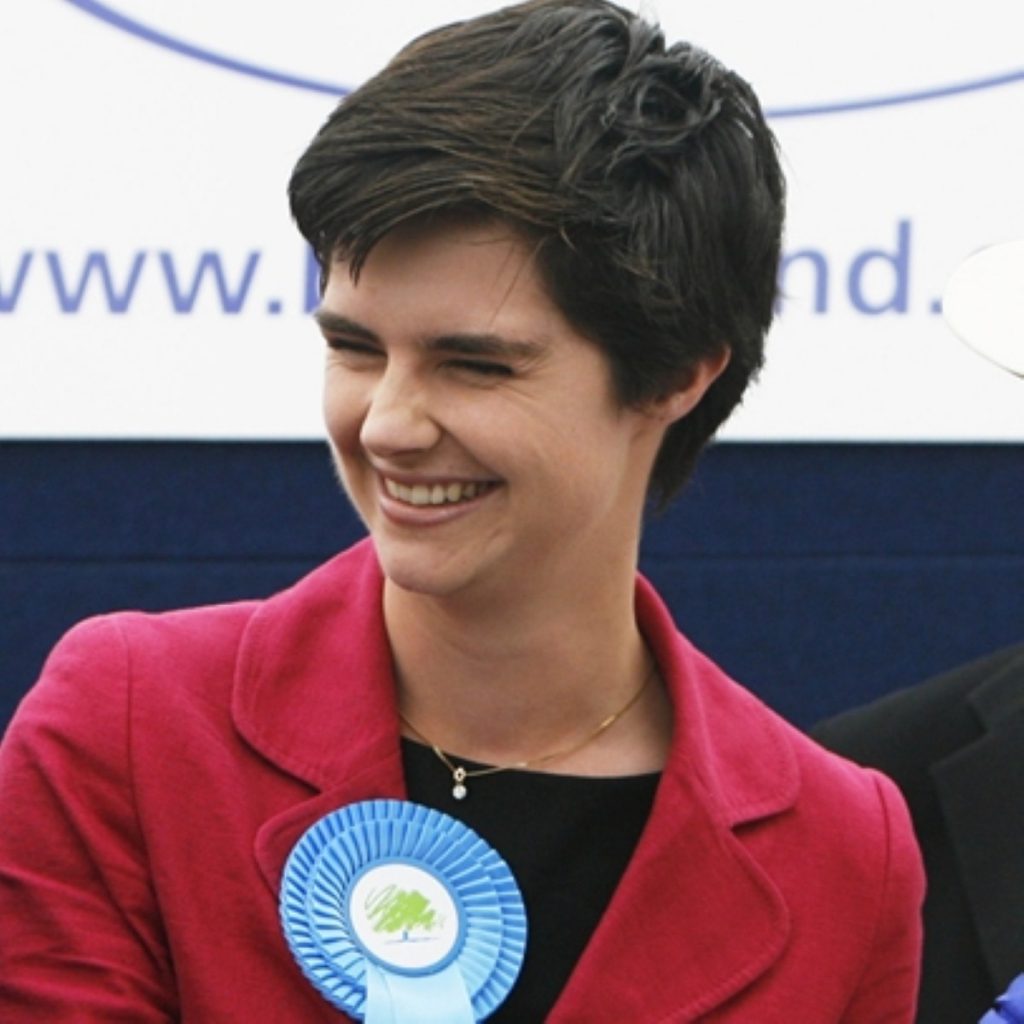Fresh-faced MPs: A bad thing?
By Alex Stevenson
Britain’s next crop of MPs could be the least experienced since the second world war, an academic has warned.
Professor Anthony King of the University of Essex wrote in a foreword to a report by public affairs firm Mandate that the relative naivety of the next parliament could have “serious consequences” for Britain.
The number of MPs standing down is already higher than usual because of the expenses scandal.


When coupled with a potential Conservative landslide Prof King envisages only around 175 Tory MPs would continue from the current parliament, drastically limiting the ministerial pool.
Select committees could suffer a recruitment drought too and maintaining a Conservative majority in the House of Lords could prove difficult for the same reasons.
“The newly elected House of Commons could well turn out to be the least experienced, in purely parliamentary terms, since 1945,” Prof King wrote.
“It could turn out to be the least experienced in almost every other respect as well. After all, most of the new MPs in 1945 had done something serious apart from politics: they had fought in the war.”
MPs elected in the 1945 election were replacing a parliament which, because of the second world war, had not been changed since 1935. A Tory majority of 242 was replaced by a Labour majority of 146, an enormous shift.
With another parliamentary revolution on the horizon Prof King is worried by the impact this could have on the quality of ministers in a potential David Cameron government.
Of those who are experienced, he argued, mere competence could be sufficient to win power because a “considerable proportion” of Tory holdovers “would inevitably be dim, drunken, doubtfully sane, politically unreliable or whatever”.
Another upshot could be increased calls for the appointment of ministers who have not been elected – a habit of the present government much derided by the Tory opposition.
A further impact, the Mandate report reveals, would be the lack of ministerial experience even if Labour stay in power.
It points out that a five per cent swing to the Conservatives, enough to keep Labour with a slim majority, would result in three out of the five current ministers at the Department of Health losing their seats.
The alternative is an inexperienced Tory government.
“They are likely to hit the ground stumbling rather than running – and possibly to stay that way,” he added.
His comments came as reports emerged of plans by dozens of doctors to emulate the success of Richard Taylor, the two-term Wyre Forest independent MP who won his seat in 2001 fighting to save his local hospital.
Steven Ford, who will stand at the next general election as an independent in Hexham, is one of them.
He told politics.co.uk: “Government by newcomers might be exactly what we need – the old hands are at least part of the problem, axiomatically.”

